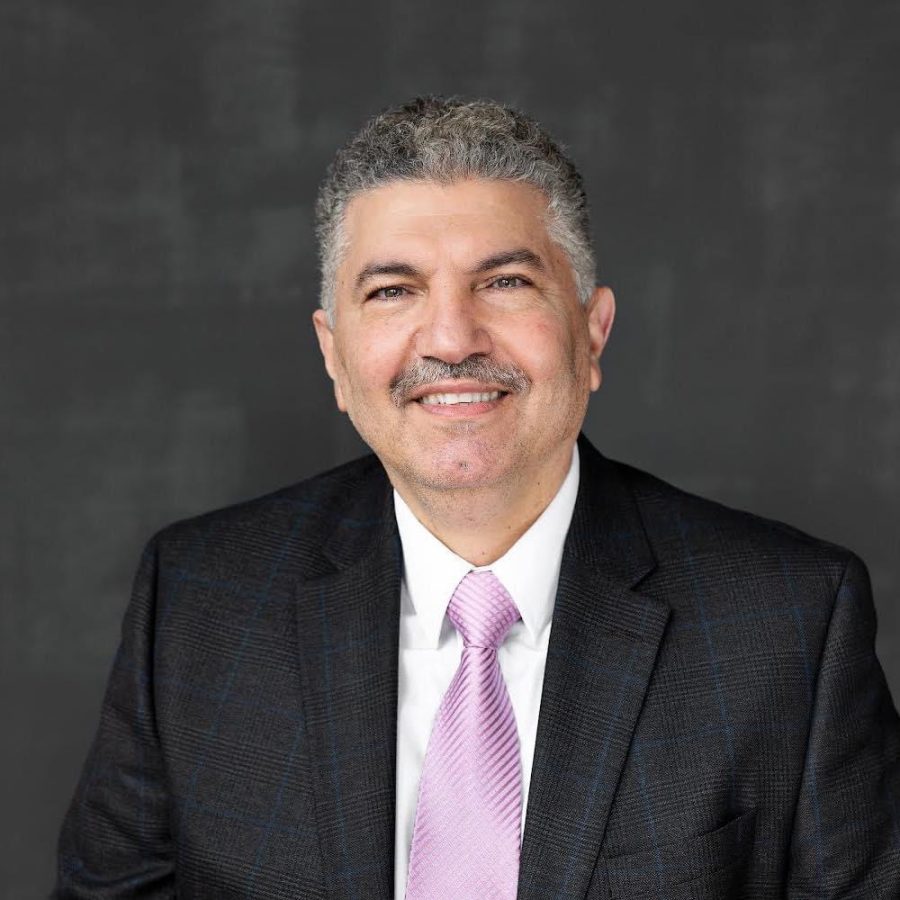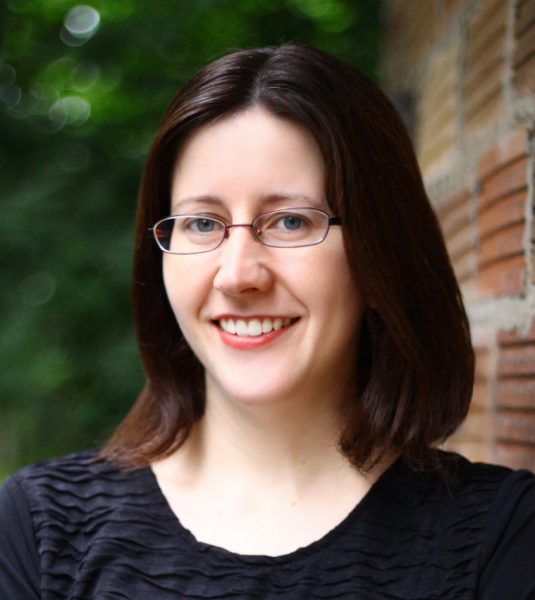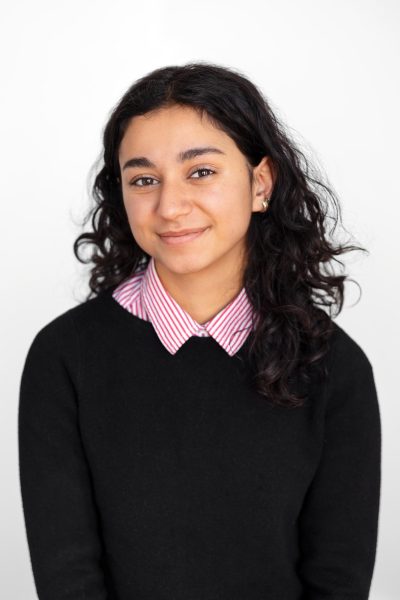Mahmoud Meslat: Visiting Instructor of Arabic and Human Rights Activists
Mahmoud Meslat
Mahmoud Meslat, visiting instructor of Arabic, has taught at Oberlin for the last 12 years. In response to the earthquakes in Türkiye and Syria Feb. 6, Meslat — who is Syrian-American — as well as his family, friends, and colleagues have worked to provide aid to people impacted by the disaster. Among other efforts, his family in Syria has taken in approximately 60 orphans and intends to feed, school, and care for them. Meslat also worked with the U.S. government to temporarily lift sanctions against Syria to bring in heavy machinery to clear the rubble. Meslat spoke with the Review about the challenges now facing the people of Syria in the ongoing impact of the Arab Spring and ways in which Oberlin students can provide support.
This interview has been edited for length and clarity.
What are the kinds of problems that people are experiencing on the ground in Syria and Türkiye?
First of all, it is a tragedy on top of tragedy. In 2011 we had a revolution in Syria, which they call the Arab Spring. People needed to change the regime. They wanted to change the institution. They wanted to have freedom and democracy. It did not work; I don’t know why. There was a lot of corruption. There were a lot of setbacks, and we weren’t organized enough. As a result, people were displaced all over the world. Refugees went across the seas, through Türkiye and through Greece and through Italy and all over the world. They tried just to get to a safer place and to a place where they would have dignity. They were displaced. I always find that this conflict is a very complex situation, that there is no solution. We always hear good things, and we become optimistic about having a solution for the Syrian people. But unfortunately, nothing changed. We go into the unknown. This is how it feels. People are very tired.
The tragedy became a bigger tragedy Feb. 6: A big earthquake occurred, with the epicenter being in Kahramanmaraş, Türkiye, which is near the border with Syria. The earthquake was 7.8 magnitude, and it destroyed a lot of buildings. Those people who died in this earthquake already did not have a home. So they are displaced from place to place, and they run from death to death. The earthquake became a bigger tragedy than what they have experienced before because thousands of people died on both Turkish and Syrian sides.
I talked to the American government. There were sanctions then on the Syrian regime, and those sanctions prohibited them from sending heavy machinery and a lot of medication that they think the Syrian regime would make weapons from. So I told them, please, we need medicine, we need food, we need tents, we need assistance right away. Let’s do humanitarian aid without borders. Open these borders between Türkiye and Syria — that way the heavy machinery can pull the victims who are alive, because usually 24–48 hours after any earthquake, you have big chances of finding people alive and saving them. But after that, it seldom happens; it’s going to be very hard to find people alive.
Given all of this context, what do you hope young people and students will do to support Syria and Türkiye?
What I need is to send a message from this great institution, from a voice of the future. I am trying to send a message to those impacted by the earthquake that we care about you, you are not forgotten. We will do everything to reach out. After the earthquake, there are going to be a lot of illnesses like cholera and malaria. We already started printing all of those guides: what they should do about the water, what kind of medication to have. Because after the earthquake, there will be a lot more problems for displaced victims.
The students of Oberlin are very bright. We stood against tragedies like Ukraine; we felt like we should help Ukraine. We should help Syrian people the way we help other countries. I don’t want people to look at some regions and forget about other regions. It’s a strictly humanitarian issue. It has nothing to do with religion, it has nothing to do with politics, it has nothing to do with ethnicity. It’s strictly human. Oberlin students have always sent the right message — that we care about them. I want them to do more. I want them to have a stand and carry just a sign that we care about the people of Syria. Even reaching out to some government offices to help these people, they deserve it. If we can ask some governments to just send them tents, that way they can be sheltered. Students have a very strong voice, and they can use it. So I need a stronger stand from Oberlin students. I want them to raise their voice higher because it is time for unity now.
Is there anything else you would like students to think about?
Some of the stories I know: there is a family of nine people. They lived in an apartment. They pulled out about eight of them, and there was one boy left and he said, “Please don’t pull me until you pull my brothers first. Don’t pull me. And they told him, “No, we will pull.” He said, “No, pull me last.”
There is another story, which I witnessed from a guy who was there. There was a Turkish owner of an apartment and there was a Syrian refugee, he rented that apartment, and every beginning of the month, the owner knocked, “Pay me the rent, pay me the rent.” The Syrian said, “I don’t have the rent, just wait a few days, I’m working.” He was working with some concrete. He was a doctor in Syria, that guy, but there is no job, he has to work concrete. Then every day his landlord said, “You have to leave the house tomorrow if I don’t get the rent.” Then at four o’clock in the morning, the earthquake came down. The next day, the owner of that apartment and that refugee, they were in the same tent. There are a lot of stories about babies, and there is a guy, he lost his whole family, now he is by himself. Now he does not remember anything. He is just wild in the street. It’s a tragedy on top of tragedy.









